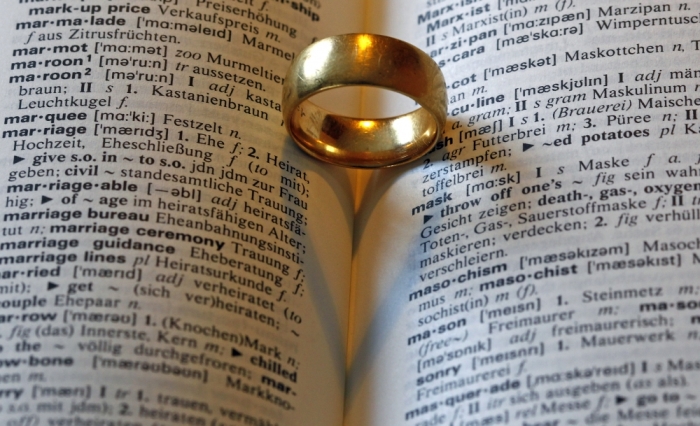Christian Teacher Who Refused to Divorce Pedophile Husband Wins Wrongful Dismissal Lawsuit

An "exemplary" Christian teacher from the U.K., who was fired by officials at the school where she worked for more than a decade after she refused to divorce her pedophile husband, has won compensation for wrongful dismissal.
According to the Independent, Sarah Pendleton said her Christian beliefs prevented her from leaving her husband after he was found guilty of downloading indecent images of children and voyeurism.
Her husband, Matthew Pendleton, whom she married in March 2002, is the former Headmaster of Kirkstead Junior School. He was given a 10-month prison sentence in July 2013 for secretly filming young boys getting changed for swimming lessons. He only served five months.
The facts in the case as provided by the United Kingdom Employment Appeal Tribunal said: "[Matthew] Pendleton's arrest and subsequent conviction gave rise to rumor and gossip in the local community. It was a bolt from the blue for the [Sarah]. She was shocked and distressed and in the immediate aftermath of the arrest left her marital home to stay with her parents, taking a period of leave from work, initially reassured by the headteacher of the school, Mrs [Jan] Seymour, that her job would remain open."
Despite the chatter about her husband, Sarah Pendleton made a decision to remain in a relationship with him.
"[Sarah] was on sick leave from Jan. 23. During her absence she received support from colleagues, although not from the school itself, and her CRB certificate was re-issued with no difficulties. Meanwhile, whilst not condoning or giving the impression of condoning her husband's actions, [Sarah] had determined she would, consistent with her marriage vows — specifically her commitment, in the presence of God, for better or worse — stay with her husband, provided she was satisfied he had demonstrated unequivocal repentance," noted the Tribunal.
In August 2013, after a series of meetings and communication exchanges Sarah Pendleton was dismissed by Glebe Junior School in South Normanton in Derbyshire despite her exemplary service.
"By making a choice to continue a relationship with her husband in full knowledge of the offences he has admitted to, [Sarah's] actions do not uphold the trust in the profession," head teacher Seymour said at a disciplinary hearing.
Sarah sued over the dismissal, charging that she was unfairly fired and discriminated against because of her Christian belief in the sanctity of marriage.
The Tribunal agreed that Sarah was unfairly dismissed but did not agree that it was due to her Christian faith.
In response to the complaint of unfair dismissal, [school officials] contended that the reason for the dismissal was conduct or some other substantial reason ('SOSR'). The ET concluded the real reason for [Sarah's] dismissal was the [school officials'] view that she had exercised poor judgement in electing to stand by her husband despite the fact that he was a convicted sex offender," the Tribunal argued.
That was not a substantial reason of a kind such as to justify dismissal and did not relate to the Claimant's conduct; the Respondents had failed to discharge the burden of proving a potentially fair reason. Even if that were not correct, the dismissal was unfair for the purposes of section 98(4) of the Employment Rights Act 1996. The decision was predetermined, the investigation woefully inadequate, and the disciplinary and appeal panels failed to exercise independent judgement, rubberstamping decisions made by Mrs. Seymour and the local authority and taking little or no account of the Claimant's hitherto unblemished career.
On the claim of indirect discrimination, the ET accepted the Claimant held a belief for the purposes of section 10(2) of the Equality Act 2010 ("the EqA"); namely, that her marriage vow was sacrosanct, having been made to God and being an expression of her religious faith. It further accepted that the Respondents had applied a provision, criterion or practice ('PCP'), namely a policy of dismissing those who chose not to end a relationship with a person convicted of making indecent images of children and voyeurism. The ET considered, however, the Claimant would have been dismissed irrespective of whether she held a belief in the sanctity of her marriage vows," the Tribunal added.
Anyone who elected to stand by their partner or spouse in the same circumstances would have met with the same unfortunate fate. … those who share the Claimant's religious conviction were at no greater or lesser risk of being dismissed than those who simply exercised their choice to stand by their partner or husband … It seems to us, on the evidence, that those people who were unmarried but in a long-term loving relationship and who exercised the same choice as the Claimant were just as likely to face the prospect of dismissal.




























